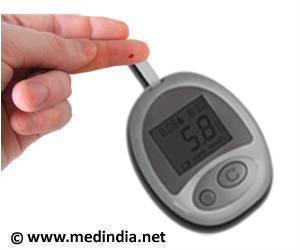Explore the potential of pomegranates in Alzheimer's treatment through Urolithin A, enhancing memory and reducing inflammation.
- Urolithin A in pomegranates may aid Alzheimer’s treatment by enhancing memory and reducing inflammation
- Animal studies suggest that urolithin A lowers plaque formation in the brain and improves learning and memory retention
- While more human research is needed, incorporating pomegranates into the diet could potentially offer neuroprotective benefits
A review of pomegranate supplementation: A promising remedial avenue for Alzheimer's disease
Go to source).
Pomegranates contain Urolithin A, which may combat Alzheimer's. #healthbenefits #medindia’
How Urolithin A May Help
- Removes damaged cells: Urolithin A enhances the body’s ability to get rid of damaged cells, allowing for healthy cells to be produced.
- Reduces inflammation: It reduces excessive inflammatory responses in the brain.
- Improves mitochondrial function: It helps remove weak mitochondria (the powerhouse of the cell) from the brain, similar to NAD supplements. This is important because many patients with neurodegenerative diseases experience mitochondrial dysfunction.
Impact on Memory
Animal studies have shown that urolithin A:- Lowers plaque formation in the brain
- Leads to increased learning and memory retention
How to Get More Urolithin A
The best way to get more urolithin A is by eating foods that can help your gut bacteria produce it. These foods include:- Pomegranates
- Pomegranate juice or extract
- Walnuts
- Raspberries
- Strawberries
- Almonds
- Pecans
Urolithin A Supplements
Some people may also consider taking urolithin A supplements. However, our bodies become less efficient at producing urolithin A as we age.Supplementation may be appropriate, especially for older and middle-aged adults, but talk with your doctor first. Studies using supplemental urolithin A used doses ranging from 250mg to 1,000mg. Higher doses may cause adverse effects. Start with a lower dose (250mg) and increase slowly as needed.
This is a promising area of research, but more studies are needed. Talk to your doctor before taking urolithin A supplements.
Reference:
- A review of pomegranate supplementation: A promising remedial avenue for Alzheimer’s disease - (https://www.ncbi.nlm.nih.gov/pmc/articles/PMC10700657/)
Source-Medindia










